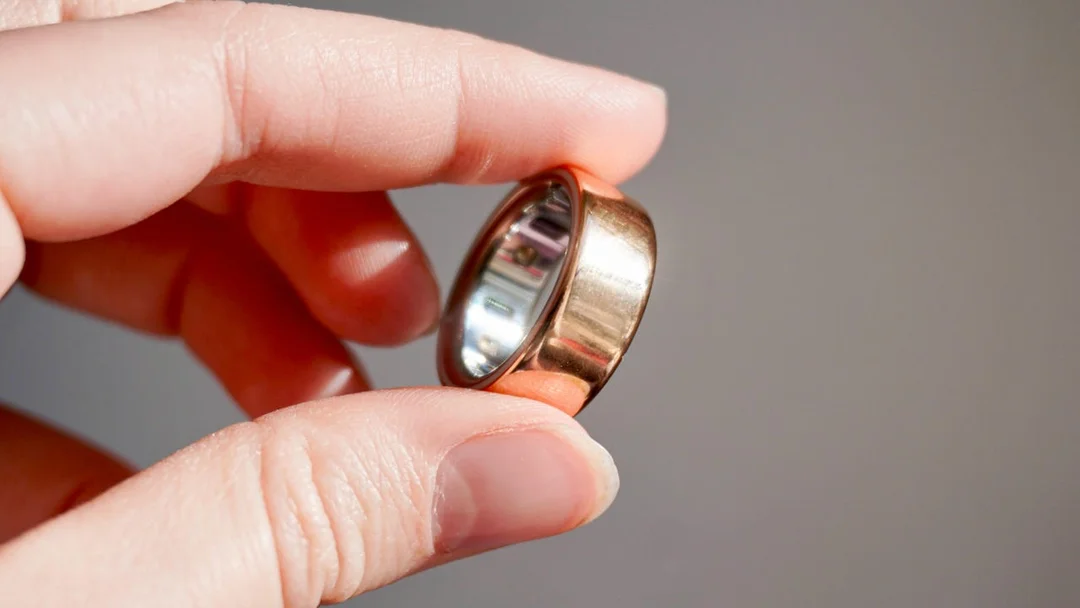
Oura Ring Gets a Major Fitness Tracking Upgrade: Is Apple and Fitbit in Trouble?
Oura Ring, known for its stellar sleep tracking, is stepping up its game as an activity tracker, directly addressing user complaints about inaccurate step counting and workout data. This major upgrade promises significant improvements to its fitness tracking capabilities, potentially challenging established players like Apple and Fitbit.
Reddit users have long voiced concerns about the Oura Ring's miscounting of steps, particularly during activities and workouts. One user even described the step tracker as "wildly inaccurate." Oura seems to have heard these concerns loud and clear.

The company announced an update to its smart ring's step-tracking feature with enhancements including new trends for viewing active time, integrations from partners like Apple and Android for heart rate data, and more accurate calorie- and step-counting mechanisms will be available soon.
Improved accuracy is a key focus of this upgrade. The new step-counting algorithm functions like a pedometer to track movements and interpret steps. The company claims this upgrade cuts the metric by 61%. Calorie tracking also gets smarter, now considering movement intensity based on heart rate zones, reducing median active calorie error by 53%.
Furthermore, Automatic Activity Detection receives significant upgrades. Users no longer need to manually log workouts to track their performance, and the feature now works around the clock, eliminating the previous four-hour break. For runners, Oura will even use your phone's GPS data to show detailed running and walking details, like splits, even if you forget to press record.

Active Time is also getting a facelift, with a new trend view displaying active minutes for daily, weekly, and monthly periods. Moreover, if you use an Apple or Android smartwatch, you'll be pleased to know Oura now integrates heart rate data from Apple HealthKit and Health Connect, allowing exercise apps to record activity within the Oura app.
This commitment to accuracy sets Oura apart in a crowded market. Jason Russell, VP of Consumer Software Product at Oura, stated, "We actually don’t compare ourselves to competitors when it comes to accuracy. Instead, we measure ourselves against the medical gold standard."
What does this mean for the competition? With these significant improvements, Oura is positioning itself as a serious contender in the wearables market. By focusing on accuracy and integrating with other popular fitness platforms, Oura aims to capture a larger market share and challenge the dominance of Apple, Fitbit, and Whoop. Will Oura's commitment to accurate data be enough to win over users and disrupt the fitness tracking landscape?
What do you think about Oura's focus on accuracy versus the broader feature sets of competitors? Share your thoughts in the comments below!